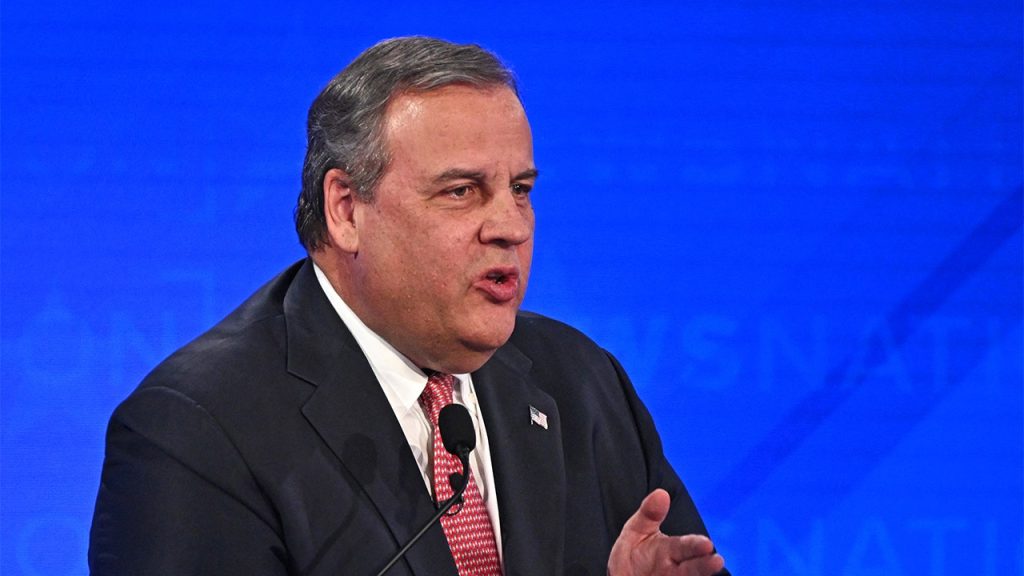Former New Jersey Governor Chris Christie recently declined an offer to run for president on a “No Labels” ticket in the upcoming 2024 election. The No Labels group has been struggling to find a candidate to challenge both former President Trump and current President Biden. The group reached out to Christie after he left the possibility of a third party run open in a public interview. Christie acknowledged the encouragement he received to pursue a third party candidacy, emphasizing the need for a country that unites people rather than divides them. However, he ultimately decided against running if it would potentially help Donald Trump secure another presidential term.
Christie’s decision comes after he ended his 2024 GOP nomination campaign in January, following a public fallout with Trump over the 2020 election results. Despite previously dismissing the idea of a No Labels run as a “fool’s errand,” Christie’s stance evolved following his break with Trump. No Labels has been actively exploring the possibility of launching a third-party presidential ticket, recently forming a committee to vet candidates for the upcoming election. While the group has approached several potential candidates in recent months, none have moved forward with a campaign.
Having been a vocal critic of Trump and positioning his opposition to the former president prominently in his 2024 White House bid, Christie’s decision not to run on a No Labels ticket reflects his commitment to political unity and a desire to prevent another Trump presidency. His refusal to run for president aligns with his belief in the importance of leadership that brings people together under a shared vision for the country. With his experience in public office and as a former presidential candidate, Christie’s decision not to enter the 2024 race as a third-party candidate could impact the dynamics of the upcoming election.
The No Labels group’s efforts to field a bipartisan presidential ticket have faced challenges in finding a suitable candidate to challenge both Republican and Democratic nominees in the 2024 election. Despite receiving support from delegates during a virtual meeting, the group has yet to secure a candidate willing to move forward with a campaign. As the political landscape continues to evolve, the role of third-party candidates could play a significant role in shaping the outcome of the election. Christie’s decision not to run reflects the complexities of navigating the political landscape and the challenges of finding a candidate capable of uniting a divided country.
The ongoing debate within the No Labels group about the viability of a third-party ticket underscores the broader tensions within the political landscape, as traditional party divisions are increasingly challenged by independent movements. As the group continues to explore potential candidates and avenues for running a presidential campaign, the challenges of launching a successful third-party bid become apparent. Christie’s decision not to run for president on a No Labels ticket highlights the complexities of navigating the political landscape and the importance of strategic decision-making in shaping the future of American politics. As the 2024 election approaches, the role of third-party candidates and independent movements remain a key factor in shaping the outcome of the race.















